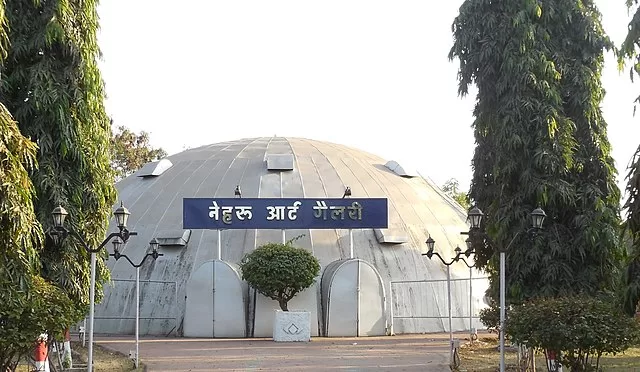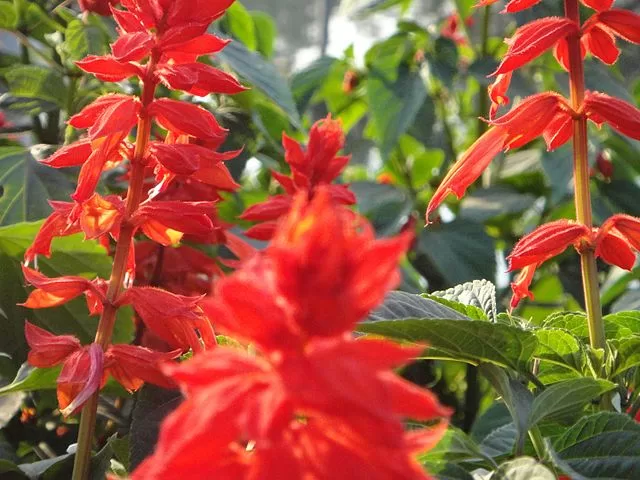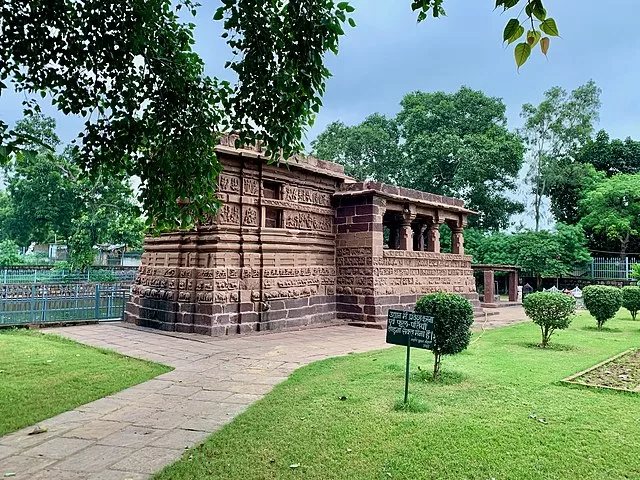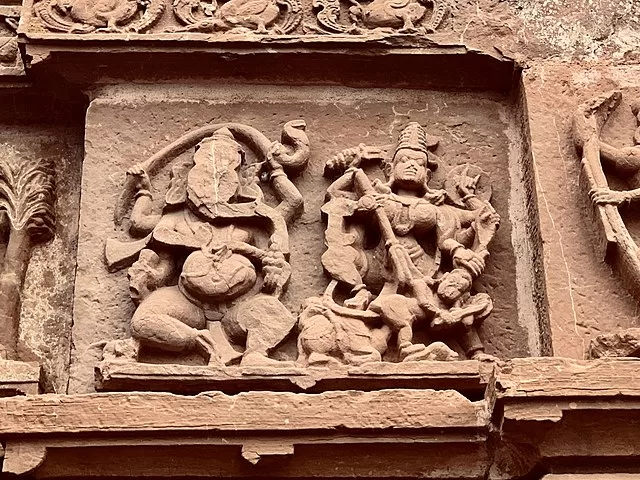Bhilai, a city located in the central Indian state of Chhattisgarh, is a bustling metropolis known for its industrial prowess and cultural heritage. With a rich history dating back centuries and a modern landscape shaped by steel plants and technological advancements, Bhilai offers a unique blend of tradition and progress. In this article, we will explore the captivating story of Bhilai, from its humble beginnings to its current status as a significant industrial and cultural hub.
The Historical Roots
Ancient Origins
Bhilai’s history can be traced back to ancient times when it was a part of the Maurya and Gupta empires, witnessing significant trade and cultural exchange. The region’s archaeological sites reveal traces of a vibrant civilization that thrived here centuries ago.
Medieval Era
During the medieval period, Bhilai was ruled by various dynasties, including the Rajputs and the Kalchuri kingdom. The city’s strategic location along important trade routes contributed to its growth and prosperity.
Colonial Influence
With the advent of European powers in India, Bhilai became a part of British-controlled territories. The British recognized the area’s natural resources and established some industries, laying the foundation for its industrial future.
The Steel Saga

The Birth of Bhilai Steel Plant
The transformation of Bhilai into an industrial giant began with the establishment of the Bhilai Steel Plant in 1955, in collaboration with the Soviet Union. This ambitious project aimed to meet the country’s growing demand for steel and ushered in a new era of economic development.
Driving Economic Growth
The Bhilai Steel Plant became the backbone of India’s steel industry, producing high-quality steel for various applications. Its success led to significant economic growth in the region, attracting migrants from different parts of the country in search of employment opportunities.
Technological Advancements
Over the years, the steel plant has undergone modernization and expansion, adopting the latest technologies and techniques to enhance productivity and efficiency. Today, it stands as one of the largest and most advanced steel plants in India.
Cultural Heritage

Traditions and Festivals
Bhilai’s cultural diversity is reflected in its vibrant festivals and celebrations. The city celebrates various festivals, including Diwali, Holi, Dussehra, and Eid with great enthusiasm and communal harmony.
Arts and Crafts
The city’s rich cultural heritage is also evident in its traditional arts and crafts. Skilled artisans create intricate handiworks, including tribal art, metalwork, and bamboo crafts, showcasing the region’s artistic brilliance.
Education and Knowledge Hub
Educational Institutions
Bhilai is renowned for its educational institutions, providing quality education in diverse fields. Several engineering, medical, and management colleges attract students from all over the country, making Bhilai a knowledge hub.
Research and Innovation
The city fosters an environment of research and innovation, with various research centers and technology parks promoting cutting-edge studies and developments in science and technology.
Tourist Attractions

Maitri Bagh
Maitri Bagh, a beautiful garden gifted to Bhilai by the Soviet Union, is a popular tourist spot. The garden houses a zoo, children’s park, and a musical fountain, making it an ideal place for a family outing.
Bhilai Steel Plant Township
The Bhilai Steel Plant Township, known for its well-planned layout and amenities, showcases the harmonious coexistence of nature and industry. Visitors can witness the grandeur of the steel plant while enjoying the serenity of nature.
Siyadevi Temple
Siyadevi Temple, located on a hilltop, offers a breathtaking panoramic view of Bhilai. It is a sacred place of worship and attracts both devotees and nature lovers alike.
Conclusion
Bhilai, with its industrial might, cultural vibrancy, and educational excellence, stands as a shining example of India’s progress and unity in diversity. From its historical roots to its modern achievements, the city continues to grow and evolve, making it a destination worth exploring.
FAQs
1. What is Bhilai famous for?
Bhilai is best known for the Bhilai Steel Plant, one of India’s largest and most iconic steel manufacturing units. It played a major role in shaping modern India’s industrial journey. But Bhilai isn’t just about steel—it’s also appreciated for its greenery, educational institutes, and calm city life.
2. Is Bhilai a good place to live?
Absolutely! If you’re someone who enjoys a quieter, laid-back lifestyle with good infrastructure, Bhilai might just be your perfect match. The city boasts clean surroundings, relatively low crime rates, and a well-planned layout—ideal for families, students, and working professionals alike.
3. How is the weather in Bhilai throughout the year?
Bhilai experiences a tropical climate—hot summers (peaking around 45°C), a decent monsoon season, and pleasantly mild winters (sometimes as low as 12°C). If you’re planning a visit, winter (November to February) is definitely the best time to go!
4. What are the best places to visit in and around Bhilai?
There’s more to Bhilai than factories and work zones. Check out Maitri Bagh Zoo and Lake, which is a family favorite. You can also explore Civic Center for shopping or unwind at Tandula Dam nearby. History lover? Head to Dhamdha Fort just outside the city.
5. Is Bhilai well connected to other parts of India?
Yes, Bhilai has solid connectivity. It’s just about 30 km from Raipur, the capital of Chhattisgarh, and is well-linked via road and rail. The Durg Railway Station serves as the main transit hub, making travel in and out super convenient. The nearest airport is Swami Vivekananda Airport in Raipur.


